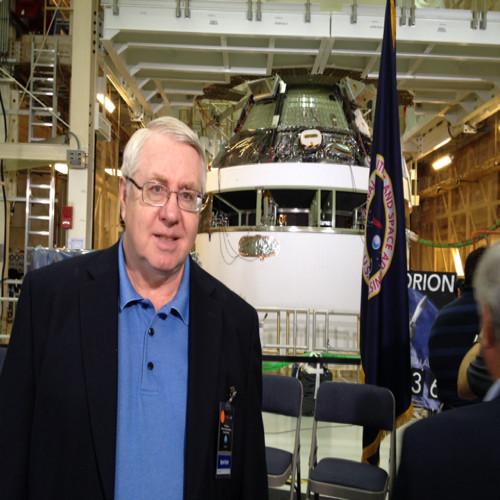The China Card: U.S. now agreeable to space cooperation with China

Note: this article was originally published in the 31 January 2005 edition of Aviation Week and Space Technology.
By Craig Covault
In a major shift of U. S. policy, the Bush Administration is ready to open more formal discussions with China on space cooperation, according to outgoing NASA Administrator Sean O’Keefe.
The Bush administration now believes that “measured and appropriate levels of space cooperation with China” are viable, O’Keefe told AW&ST. He said U. S. officials would be amenable to dis cussing with China what types of space cooperation the two sides could explore. The move means that the Bush White House, like virtually every ad ministration in the space age before it, is ready to use space cooperation as a significant political tool to improve relations with a potential adversary, in this case, China.
During the entire Clinton Administration and President George W. Bush’s initial term, discussion of potential cooperation was off limits for U. S. offi cials.
During a late 2001 visit to China by this editor and a journalist with the Orlando Sentinel, the then head of China’s National Space Agency (CNSA) Luan Enjie, specifically asked us to convey to then NASA Administrator Daniel Goldin the government of China’s specific wish to open space-cooperation discussions with the U. S.
Luan was specifically interested in scientific cooperation involving the In ternational Space Station. “Without China’s participation, the ISS “is not a true international program,” Luan said (AW&ST Nov. 12, 2001, p. 53). “We want more frequent communica tion with entrepreneurs, engineers and enterprises in the U.S. so that we can have extensive cooperation in the future,” Luan said. “My hope is that the U.S. can treat us as friends.” Goldin, then the outgoing NASA Administra tor, said the Clinton Administration was adamantly opposed to space cooperation with China because of concerns over Chinese human rights and arms sales. O’Keefe responded similarly after he replaced Goldin at the start of Bush’s first term.
O’Keefe said that now, however, Chinese space officials have “begun to do the kinds of things” indicating to NASA that China is interested in worthwhile cooperation, as opposed to just political showmanship. These include measures like Chinese engineers making presentations at a NASA workshop on the exploration initiative and Chinese participation in international space science forums, O’Keefe said. In addition, Sun Laiyan, who last year replaced Luan as head of CNSA was recently granted a courtesy visit with O’Keefe at NASA Headquarters, where the two exchanged pleasantries but discussed no significant cooperation. The significance was that the meeting was even held (AW&ST Dec. 6, 2004, p. 27).
Whether China could participate at some level in the manned or robotic aspects of the new U. S. exploration initiative will be one topic the two sides can discuss. But Chinese cooperation in the exploration initiative is by no means assured.
China flew its first manned space mission in October 2003 and is scheduled to launch its second mission in September or October of this year. But the Chinese manned effort is heavily dominated by the People’s Liberation Army.
Perhaps more importantly for the start of cooperation, China is increasingly launching unmanned science spacecraft, including the planned launch by about 2008 of a Chinese lunar orbiter with geochemical mapping instruments, representing China’s initial foray into planetary space flight and a possible juncture for U. S.-Chinese scientific collaboration.
There are also major political factors at work. China already has strong space cooperation ties with the European Space Agency, the French Space Agency CNES and the Brazilian Space Agency, a situation that threatened to put NASA behind these other agencies relative to China if it did not move soon.
The Chinese, in recent years, have been solidifying space cooperation among Asian nations, except Japan- another factor eroding U. S. technological ties in the region. By opening space cooperation ties with China, the Bush Administration could help bolster the perception of the U. S. in technological sectors of the Asia-Pacific.
Copyright 2005 Aviation Week and Space Technology. Reprinted with permission of the publisher.








